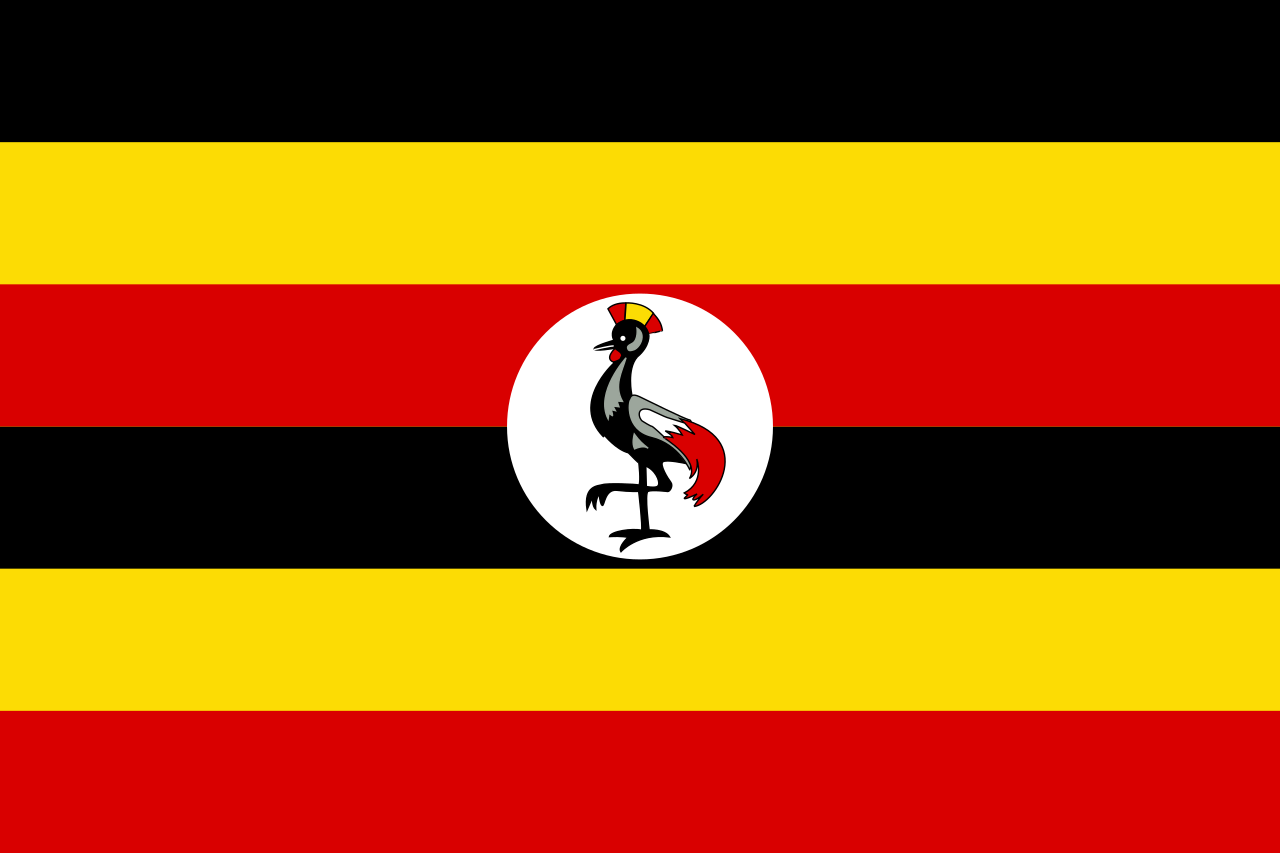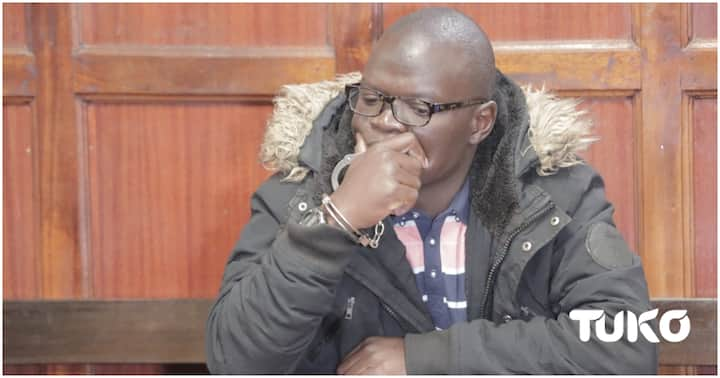Uganda’s President Yoweri Museveni has placed a blanket ban on travel abroad by members of Parliament and civil servants to save money for other priority sectors.
While commissioning facilities on Saturday at Uganda Petroleum Institute-Kigumba (UPIK), a training facility for oil exploration, Mr Museveni said he was unhappy to learn that the institute was incomplete due to a lack of funds.
“Tell the civil servants, the MPs and all politicians to stop travelling abroad. Money is wasted on external travel and here Kigumba is crying for money. This is really poor planning,” the President said.
Uganda is expected to begin commercial oil production in 2025, with China considered to be one of the major funders among other oil companies.
The President also suggested freezing allowances.
Earlier, the Principal of UPIK, Bernard Ongodia, had reported that whereas the World Bank had financed construction of five modern workshops, multipurpose buildings, and a gatehouse, at a cost of $15.5 million, the institution needed a fence, a police post and to extend the ICT fibre network.
“We shall find funds for staff housing, ICT lab, and fence. You said that you are staying outside and the hyenas are coming and we shall hear one day that the hyena has taken one of the students. How shall we explain this? No please. What is the money needed? We shall look for it,” the President responded.
In response, the Minister of Finance, Matia Kasaija, said the government cannot ban all travel abroad.
“Some government officials who travel to get money like negotiating for loans need to travel among other important things,” Mr Kasaija said.
“President Museveni did not say we would ban all travel abroad. He said some travels and he asked us to prioritise,” he added.
Museveni visits UAE
Mr Museveni is in the United Arab Emirates (UAE) on a three-day official visit since Sunday.
He is expected to hold talks with Sheikh Mohamed bin Zayed Al Nahyan, the President of UAE and ruler of Abu Dhabi.
The President will also attend the Abu Dhabi Sustainability Summit and hold discussions with government officials and the business community from the UAE. - DAILY MONITOR








